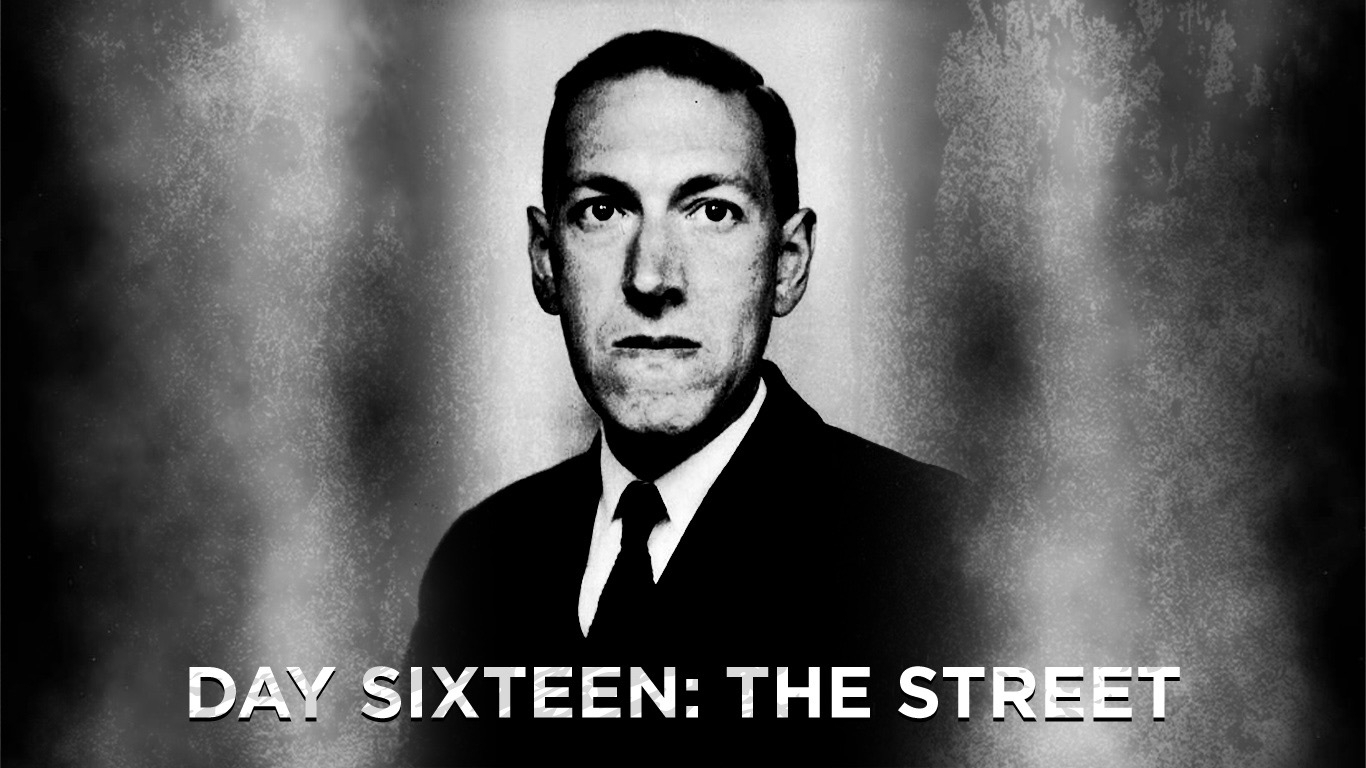The Street

When I embarked upon my solemn ritual of reading one tale per day from the grand architect of cosmic dread, H.P. Lovecraft, in this month of October, I was steeled to confront the malignant specter of his bigotry. Yet, I confess, I was ill-prepared for the depths of what I uncovered. In days long past, I had read mere anthologies of Lovecraft’s works, but now, with The Complete Works of H.P. Lovecraft “The Complete Works of H.P. Lovecraft”) in hand, I discern why certain tales were wisely omitted from those youthful collections. Today’s offering, “The Street,” “The Street”) stands as a stark and lamentable testament, where Lovecraft unreservedly lays bare his repulsion for “Indians” and “swarthy and sinister” peoples—those he viewed as defiling the sanctity of his cherished homeland.
Before pressing on, I must express gratitude to Alan Moore “Alan Moore”), whose Providence series lends invaluable context to the Boston Police Strike of September and October 1919 “Boston Police Strike of September and October 1919”), referenced in “The Street.” Moore’s meticulous scholarship shines, and Providence itself is a dark masterpiece. Yet, I caution you: where Lovecraft kept his horrors as subtext, Moore makes them text—and one’s constitution may falter before such grim revelations.
Then came days of evil, when many who had known The Street of old knew it no more; and many knew it, who had not known it before.
The tale chronicles the dark and uncanny evolution of a forgotten street in a New England city, likely the ancient and accursed Boston. Once but a mere path in those shadowed days of colonial ambition, it slowly assumed form—a street lined with noble houses of brick and wood, each adorned with gardens of unspeakable beauty. Yet as the inexorable tide of the Industrial Revolution swept through, so too did the street’s soul decay into ruin, the once-proud homes now standing as spectral husks amidst the poisoned air of a slum. After the Great War, a strange influx of foreign souls from the troubled land of Russia—agents of a dreadful conspiracy—settled there, bent on the obliteration of America. But on the fated day of their grim design, a shudder passed through the earth, and the very houses collapsed as if by some unseen and eldritch will. Witnesses, trembling in terror, swore they saw fleeting visions of the street’s bygone elegance—of towering trees and rose gardens long since lost to time.